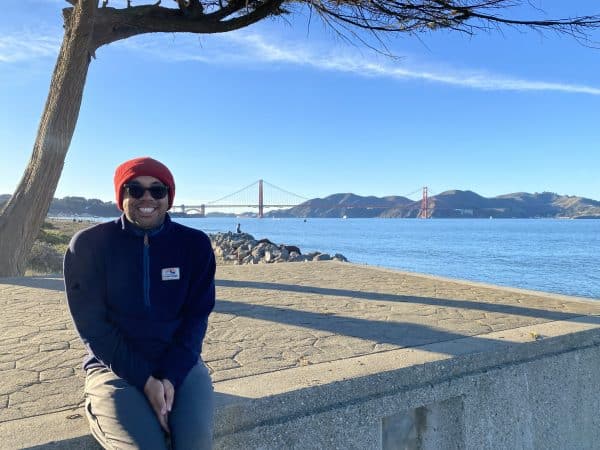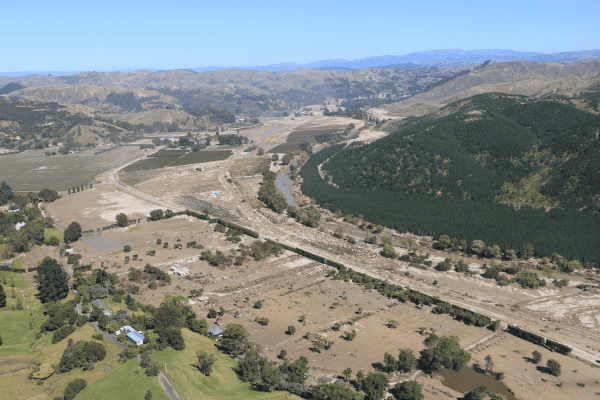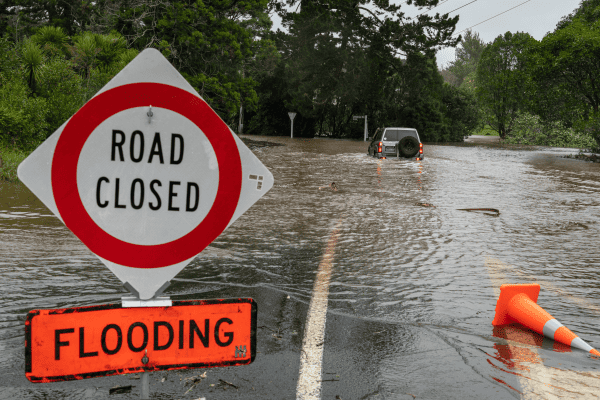The role of Buddhist pagodas in Auckland’s natural disaster preparedness, response and recovery
20/07/2018
By Chanrith Ngin and Jesse Hession Grayman
Around eight percent of Auckland’s population doesn’t speak English. A portion of this group is Auckland’s Southeast Asian community, made up of people originally from Cambodia, Indonesia, the Philippines, Thailand and Vietnam. Cultural differences, as well as the language barrier, make this group of people particularly vulnerable in a natural hazard event, as they may not be able to communicate effectively with their neighbours, or access emergency messaging. However, a glimmer of hope might come in the form of this community’s religious institutions.
Researchers from the Development Studies Programme at the University of Auckland have been investigating whether Buddhist pagodas in Auckland have the potential to help their members prepare for, respond to and recover from a natural disaster.
The research
The research, entitled “Disaster Preparedness and Resilience among Auckland’s Southeast Asian Communities”, is part of a larger project funded by Resilience to Nature’s Challenges. Researchers conducted 35 interviews with Aucklanders originally from Cambodia, Indonesia, the Philippines, Thailand and Vietnam. The participants included politicians, business owners, students, clergy and home-makers. This article is based on interviews with the Cambodian and Thai participants.
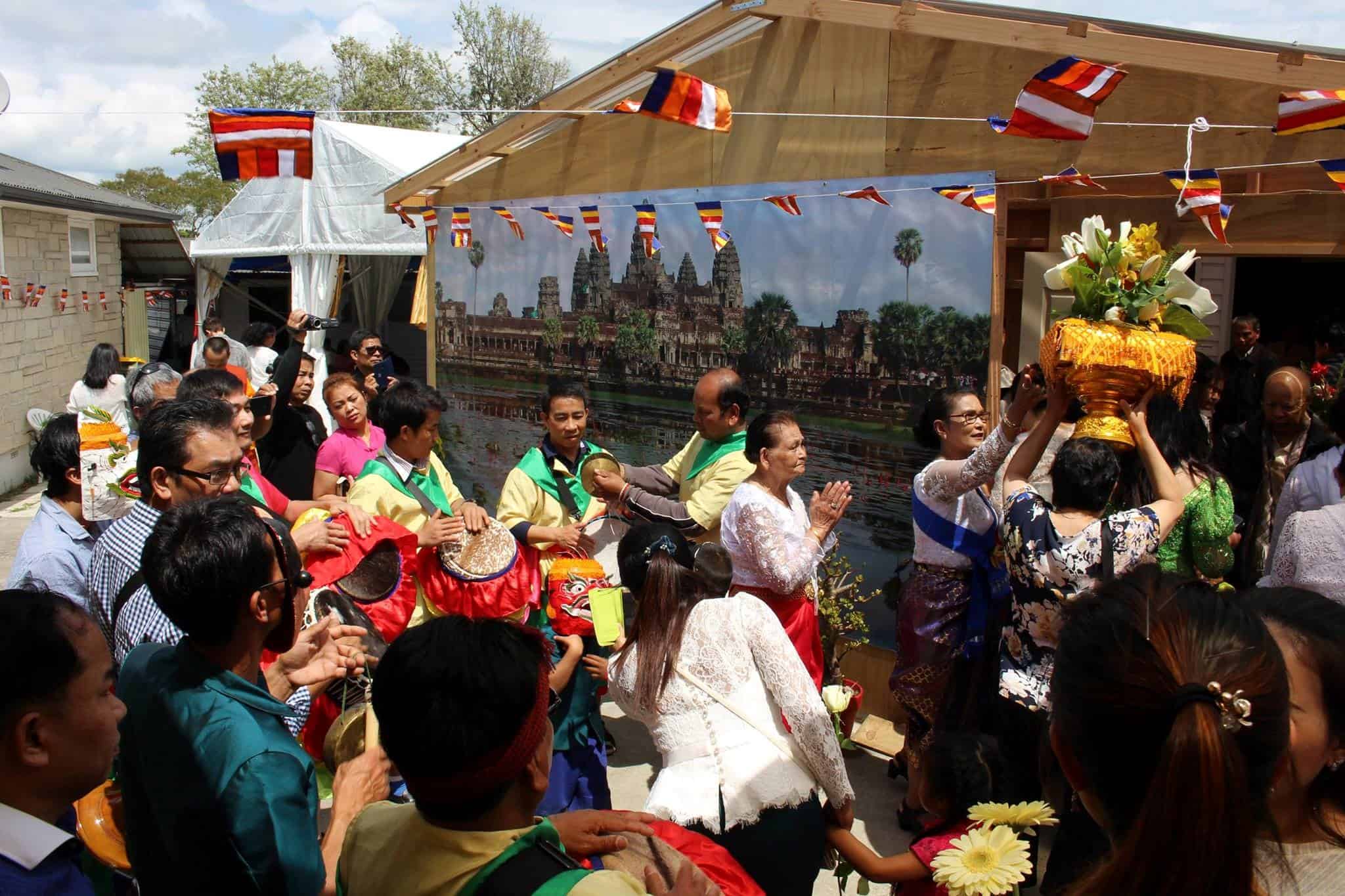
Benefits of Buddhist pagodas
Preliminary findings of the study show that among Cambodian and Thai communities, Buddhist pagodas (four Cambodian temples and one Thai temple) are identified as sites of community organization and information dissemination, and would likely serve as important sites for seeking assistance during a major crisis.
Cambodian and Thai communities perceive their pagodas as the most intimate site for socialisation and support since it is a place where they comfortably meet and share things with home-country fellows. As well as being avenues for routine gathering for religious and cultural events, pagodas function as a place for the elderly to meet and catch up during weekends.
Pagodas are a source of strong social and cultural attachment since many participants have limited or no association with groups of their profession or with their neighbourhood. Older generations (parents and grandparents) have limited English skills and are occupied with their jobs, and thus have minimal integration with mainstream society. While their children act as a bridge for them at times, some have communication problems as their children cannot always communicate meaningfully in their native language.
Pagodas and preparedness
These pagodas are centres of regular gathering where family, community and business news is shared among members. Because of this, the pagodas may play a potential role to disseminate information about natural disaster preparedness and response to their members. For instance, a committee secretary at a Cambodian pagoda has translated the Civil Defense’s Household Emergency Checklist and Household Emergency Plan into Khmer and distributed the forms to member households to gather information on household preparedness and plan for an emergency. This pagoda also runs a regular Khmer newsletter, radio programme, and Facebook page, which could be used for announcements and communication about disasters.
In addition to face-to-face gatherings, communication among members can be rapidly made through social media (particularly Facebook) and phone calls. Memberships and relationships at the pagodas are closely knit; pagoda committees know their members well and can rapidly reach those in need of help (such as during sickness or death of a family member).
These religious institutions could also function as a refuge during or after a disaster since they have space and food donated by members, which are ready in the event of an emergency. Believing in merit-making, members donate cash and in-kind (such as food) to support monks and functions at the pagodas, especially during scheduled ceremonies. Consequently, the pagodas provide material support to those in need in addition to spiritual teaching and counselling. For example, some pagodas served as a centre of donations to Christchurch earthquake victims in 2011.
Another potential role for these pagodas is to help members recover from a disaster. Since members are culture- and faith-bonded, they may quickly recover from any damage or trauma through spiritual and material support provided by the pagodas. One participant mentioned that a pagoda is a place for healing since all the support is there and the belief in karma can help a victim quickly overcome an adverse impact.
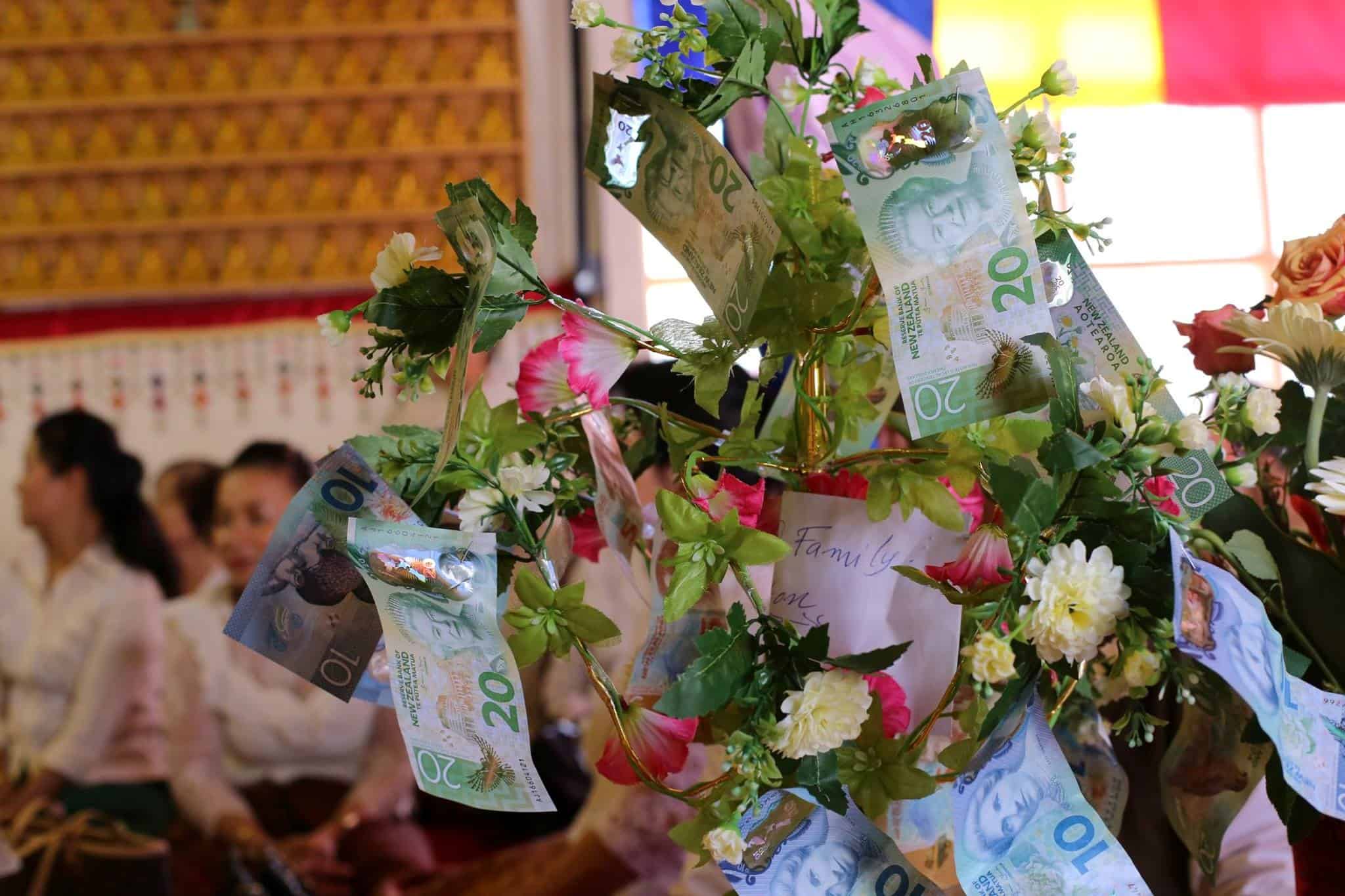
Challenges pagodas face
However, despite these potential roles, the participants did not think the pagodas had a concrete plan or knowledge in place to help members if a disaster strikes. A pagoda committee member expressed a need for formal training or knowledge about how to safely respond to a disaster. Other limitations for these pagodas to play a role in disaster preparedness and recovery include language barriers, generational divides, personal conflicts, and political division. Some pagoda heads and staff (such as monks and committee members) cannot competently communicate in English. Plus, although these institutions are for members of all ages, many who congregate are parents and grandparents. Some pagodas also do not interact with one another due to previous financial disputes or home-country political affiliations. Thus, attempts to work with these religious institutions must take into account these complexities.
Implications of the study
The research shows that Cambodian and Thai Buddhist pagodas in Auckland are more than a place for religious worship and cultural celebrations. These institutions have a potential role to play in assisting their members to prepare for, respond to, and recover from natural hazard events. If properly trained, these pagodas can effectively disseminate information, instruct members about preparedness and safe responses, and collaborate with external agencies in the phases of a disaster. Organizations like Auckland Emergency Management would benefit from talking to these pagodas to explore how best to tap into this social capital during a natural hazard event.

